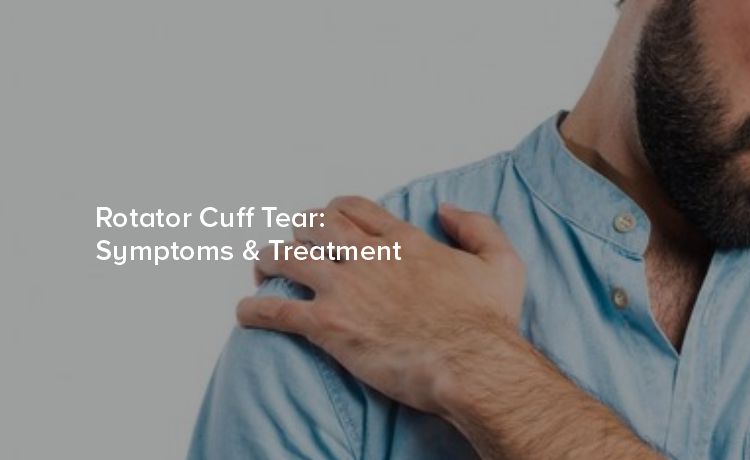
The rotator cuff—a critical quartet of muscles and tendons surrounding the shoulder joint—plays a pivotal role in the wide range of motions our arms are capable of. From pitching a baseball to lifting overhead, the rotator cuff is deeply involved. Unfortunately, with such versatility comes vulnerability. Rotator cuff tears are a common injury, affecting millions worldwide, often leading to pain, weakness, and reduced mobility.
Rotator cuff tears can result from either acute injury or chronic degeneration:
Acute Injury: This can happen during a fall on an outstretched arm, a direct blow to the shoulder, or a sudden, jerking motion when trying to lift something heavy.
Chronic Degeneration: More commonly, tears occur over time due to repetitive stress on the shoulder tendons, aging, or wear and tear. Athletes or individuals whose occupations require repetitive arm movements are particularly at risk.
Knowing the signs of a rotator cuff tear can prompt timely intervention. Key symptoms include:
Ignoring these symptoms can lead to increased discomfort and, potentially, a more serious condition requiring extensive treatment.
If you suspect a rotator cuff tear, visiting a healthcare professional is crucial. Diagnosis typically involves:
Physical Examination: Checking for weakness and range of motion.
Imaging Tests: X-rays don't show tears but can rule out other causes of pain, such as bone spurs. MRI and ultrasound are more precise in visualizing soft tissue injuries like rotator cuff tears.
Treatment ranges from non-surgical to surgical options depending on the tear's severity, symptoms, and the patient's activity level.
For many, non-surgical treatments can provide relief and promote healing. These include:
Rest and Ice: Minimizing use of the injured shoulder and applying ice packs can reduce inflammation.
Physical Therapy: Specific exercises to restore strength and flexibility are often effective.
Medications: Anti-inflammatory drugs can help manage pain.
Corticosteroid Injections: These may be recommended to decrease inflammation and pain.
Surgery may be required if symptoms persist despite non-surgical treatment, or in cases of complete tears. Surgical options include:
Arthroscopic Repair: Through small incisions, surgeons use a scope and tiny instruments to reattach the torn tendon to the bone.
Open Repair: with advent of arthroscopy, open repair is almost obsolete.
Tendon Transfer: In cases where the torn tendon cannot be repaired, a healthy tendon from another body part is used.
Recovery times vary, depending on the severity of the tear and the treatment method. Rehabilitation plays a critical role in regaining strength and mobility. Patients can expect:
Physical Therapy: Starting with gentle exercises, gradually advancing to more strenuous activities to reinforce the shoulder.
Home Exercises: Specific movements to perform at home to facilitate recovery.
Lifestyle Adjustments: Modifications to avoid activities that may stress the healing shoulder.
While not all rotator cuff tears are preventable, certain measures can reduce the risk:
Strengthening Exercises: Regular exercises to maintain strength and flexibility of the shoulder muscles.
Proper Techniques: Using proper form and posture when lifting or performing repetitive arm movements.
Avoiding Overexertion: Listening to your body and avoiding activities that cause shoulder pain
A rotator cuff tear can significantly impact daily activities, but understanding the symptoms and engaging in appropriate treatment can pave the way to a successful recovery. If you're experiencing shoulder pain or weakness, don't hesitate to seek medical advice. With the right approach, it’s possible to return to your usual activities with strength and confidence. Citizens Specialty Hospital is the best Orthopedics Hospital in Hyderabad. Book an appointment with our experts now.